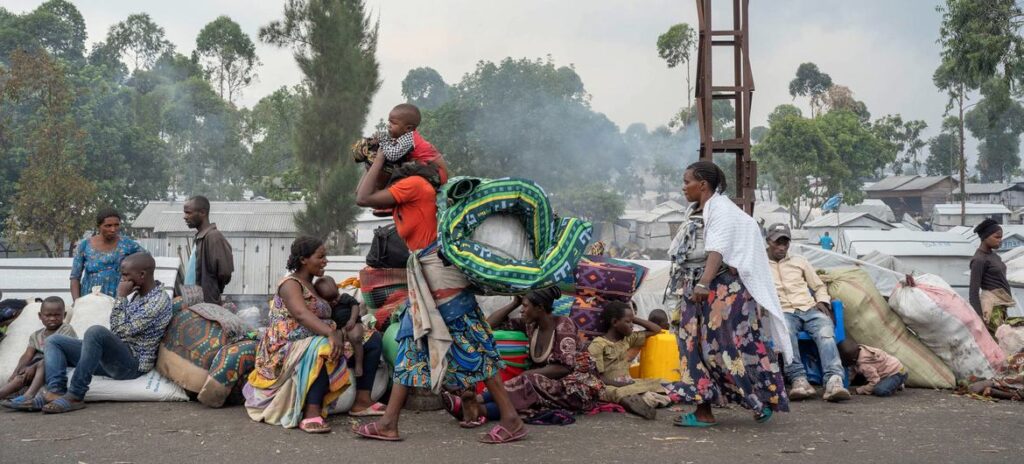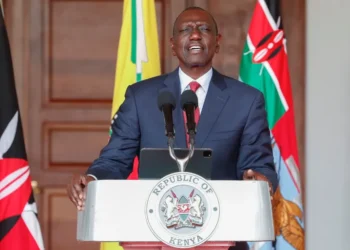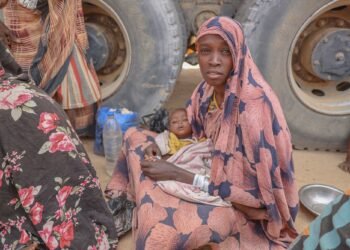Recent flooding in the Democratic Republic of the Congo (DRC) has triggered a fresh wave of displacement, piling further strain on communities already battered by conflict and food insecurity.
According to the United Nations refugee agency (UNHCR), torrential rains in Tanganyika province have driven nearly 10,000 people from their homes, in what is being described as a compounding emergency for the region.
Heavy rainfall caused the Rugumba River to overflow its banks, inundating vast areas of Kalemie and Nyunzu territories. The floods destroyed homes, schools, and farmlands, wiping out essential crops like cassava, maize, and peanuts.
These crop losses come at a time when hunger is already rising. The resulting damage has left thousands without shelter or a means to survive. Stagnant floodwaters have also sparked fears of disease, with health authorities raising alarms over cholera. Reported cases of the disease in Tanganyika are currently six times higher than in the same period last year.
UNHCR spokesperson Eujin Byun described the event as reflective of the “double crisis” affecting the country. “The flooding has hit a community already under severe strain,” she said in Geneva.
“Since January, Tanganyika has received around 50,000 internally displaced people (IDPs) fleeing violence in South Kivu. Many had been sheltering in local homes, churches, and schools – now damaged or destroyed.”
Eujin Byun
Four provinces in eastern DRC — Tanganyika, South Kivu, North Kivu, and Ituri — are all grappling with a deadly combination of armed conflict and food scarcity. Recent assessments estimate that around 2.3 million people are affected across these areas.

Cholera Risk Adds To Humanitarian Strain
Emergency assistance is being provided by UNHCR and its humanitarian partners. Immediate needs include clean water, shelter, food supplies, and urgent medical support. However, funding shortfalls remain a critical obstacle.
UNHCR has only received 20 percent of the funding it requires for its operations in the DRC this year. “The people of the DRC are in dire need of aid, and without timely and adequate intervention, the consequences of this tragic ‘double crisis’ will only deepen,” warned Byun.
In a further sign of the worsening crisis, some Congolese refugees who had previously fled to Burundi have now returned, citing the lack of essential services such as food and shelter. But while some come back, others continue to flee. Nearly 120,000 Congolese refugees have crossed into neighboring countries, including Burundi, Tanzania, and Uganda.
The situation is particularly fluid in Uganda, which received more than 5,500 refugees from the DRC in the past week alone. This surge underscores the growing need for increased international support, not only within the DRC but also in host nations.
“This trend highlights the urgent need for increased support in both host countries and return areas to address the challenges faced by returnees and refugees in neighbouring countries.”
Eujin Byun
The floods have also destroyed crucial infrastructure, with roads rendered impassable, making aid delivery even more difficult. UN agencies warn that if no substantial funding is secured, the humanitarian system may buckle under the pressure.
As such, the flood displacement crisis in the Democratic Republic of Congo demands urgent international attention to prevent further suffering and instability in a region already at its breaking point.
READ ALSO: IMF Endorses Ghana’s Reform Measures with Fresh $370 Million Support







